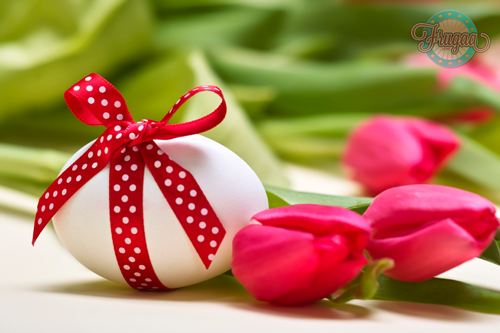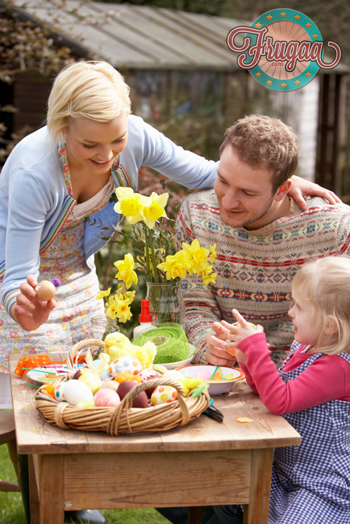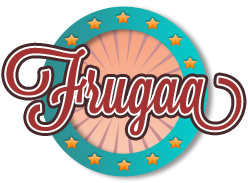Meaningful Easter: Faith, Celebration & Traditions
Easter is one of the most important festivals for Christians. It represents the resurrection of Jesus on the third day of his crucifixion. It is a festival that tells Christians to have faith in Jesus and propagates hope in all who have faith. This festival begins by commemorating the crucifixion of Jesus as Good Friday followed by the celebrating the resurrection as Easter Sunday. Unlike other festivals, Good Friday falls on the Friday prior to the first Sunday after the first full moon following March equinox or March 21st.
A traditional Easter celebration involves special prayers praising Jesus in dimly lit Churches followed by an elaborate Sunday mass. This Sunday mass is accompanied by happy music during the actual mass. In some countries, the special Easter Sunday mass is preceded by large processions by the Church itself. The Sunday mass is followed by a celebration involving eggs, which are the representation of rebirth in Christianity. That is why it is common to see people playing egg hunting and egg decorating games.

Celebration
As Easter marks the resurrection of Jesus and the absolution of sins of all believers, it isn’t a surprise that Easter is preceded by Lent the 40-day period that is marked by fasting, prayer, and penance. Quite aptly, Easter represents the successful culmination of Lent and helps people begin afresh.
Many people define Easter as the whole month of penance and the resultant absolution. In many churches, Easter is an entire season as opposed to one week of celebrations. This season, often begins with lent and ends after the 50-day period of Eastertide. Eastertide is the 50-day period marking the ascension of Jesus into heaven. Beginning from Easter Sunday, Eastertide signifies a period of joyous feasting until Pentacost Sunday that marked the gift of spiritual birth and Holy Spirit from Jesus to his faithful followers.
History
But like most festivals, Easter too has a nonreligious significance and is tied to festivals that were popular and commonly celebrated during the pre-Christian era. These festivals were commonly celebrated to welcome the onset of the spring and represented rebirth of nature. According to some sources, the word Easter had its origins in Eostre, the name of a Teutonic goddess of spring and fertility. Others claim that Easter was derived from the Latin term hebdomada alba, which was used to denote the week full of white clothing worn by people who baptized at that time. People claim that the word Easter was a simple mistranslation of hebdomada alba in High Old German and was accidentally referred to as Esostarum.
Modern Day Versions
Though the festival of Easter is still  as significant and popular as it used to be, its focus has changed from a celebration of personal victory of good virtue and absolution of sins to spending time with the family and celebrating family. That is why it is common to see people making unique types of eggs, setting up creative egg decoration games for their kids, and cooking lots of unique and tasty egg-based recipes.
as significant and popular as it used to be, its focus has changed from a celebration of personal victory of good virtue and absolution of sins to spending time with the family and celebrating family. That is why it is common to see people making unique types of eggs, setting up creative egg decoration games for their kids, and cooking lots of unique and tasty egg-based recipes.
In fact, it is common to see shops showcasing a variety of egg shapes, some of which do not have egg as an ingredient at all. Chocolate eggs and other confectionary eggs are very common to this festival. It is equally common to see families gathering kids at one location and arranging elaborate searches for eggs that were supposedly hidden by the Easter bunny. But there are still people who use actual boiled eggs dipped in different food colors as the theme for Easter.
Days leading to this festival are replete with shops decorated in the Easter theme and everyone tries to outdo each other with Easter-related discounts and unique products. Businesses are keen to offer a variety of Easter products that range from tasty, fancy Easter confectionary and chocolate eggs to self-help kits for creating the same.
With the variety of options, people are open to celebrate Easter in the way they want. Busy, working people can use the easily available products to make Easter memorable and people who have relatively more time can use self-help kits to convert Easter into an opportunity to make Easter a family project.
Whatever the choice, but Easter is increasingly becoming a festival that incorporates all the important parts of spring-related festivals. Increased attendance in Churches incorporates a return to faith and an increase in hope, the egg hunting games and joyous time with family and friends signifies the celebration of new life and marks a new beginning while encouraging people to celebrate the most important aspect of their life – family.
